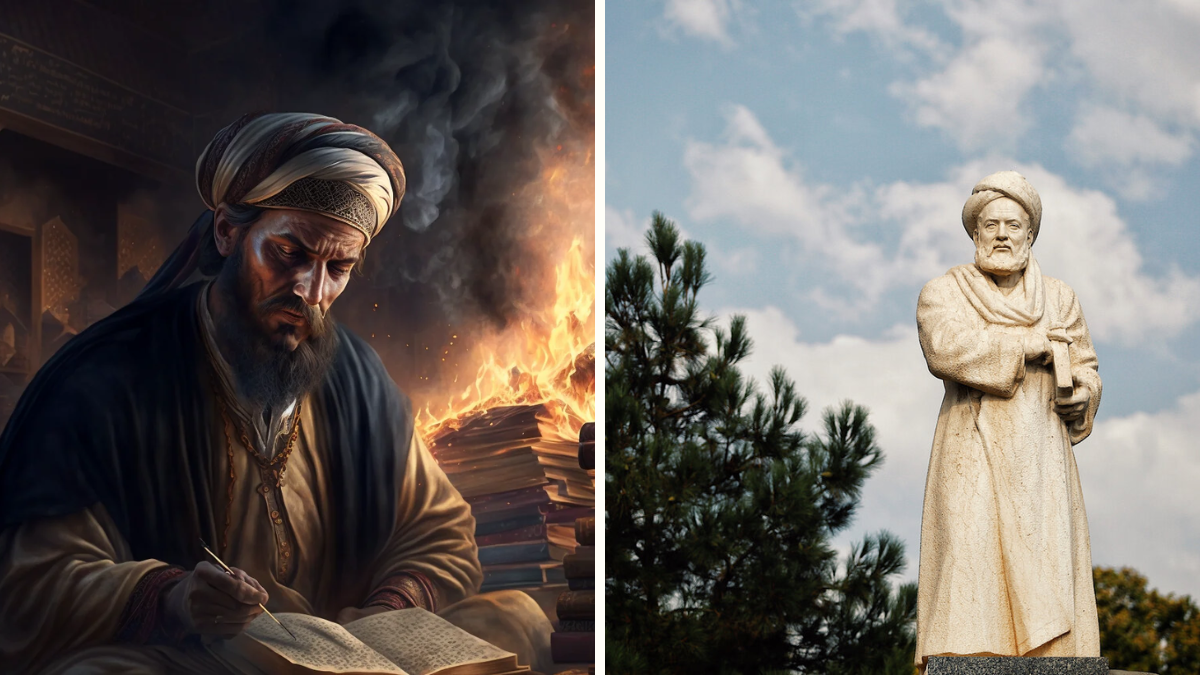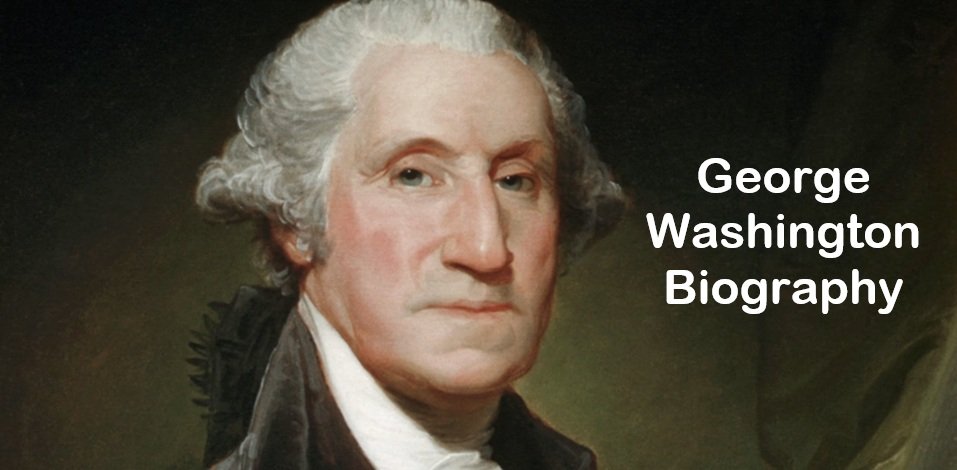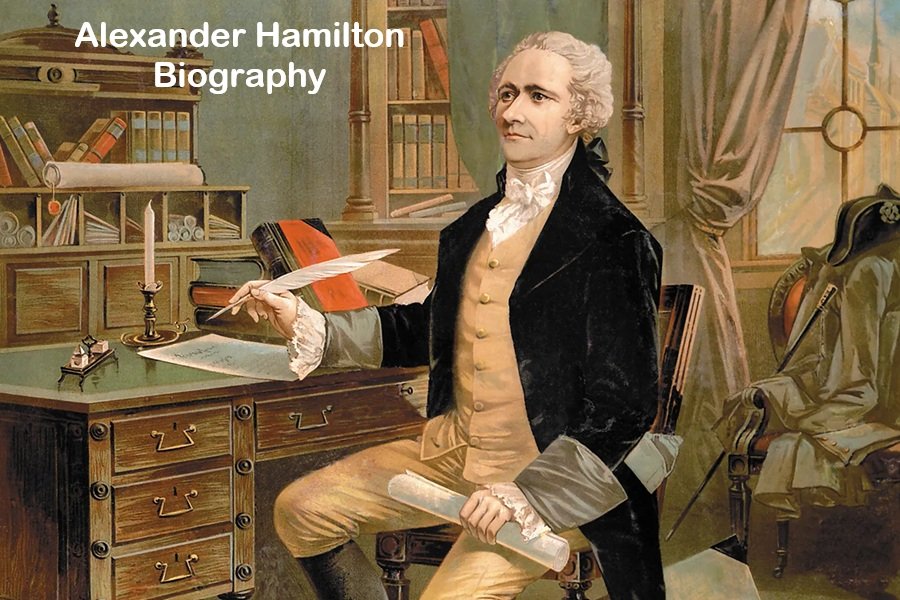Avicenna – Ibn Sina or more famously known as Avicenna (980 – 1037) in the Latin speaking West, was one of the most prominent figures of the so-called ‘Islamic Golden Age’ and was a renowned philosopher and physician not only in the Arab world but also in the more sophisticated Western side. Even as a child he was exceptionally talented. He had a significant influence on Islamic philosophy and medicine.
Avicenna’s book on medicine called ‘The Canon of Medicine’ that is often referred to simply as ‘Canon’ in the West, was probably the most important medical book starting from the twelfth century and until the end of the seventeenth century but even after that its influence remained all over the medicine field. It introduced complex medical procedures that would be used for generations. Many scholars who study the impact of this philosopher and medicine expert say that Canon led to the invention of modern medicine as we know it and without that book the progress in the allopathic medical field would have taken much more time than it did.
Early Life of Avicenna
Avicenna was born in the town of Afshana, Transoxiana, which was at that time part of the huge Samanid Empire, in the year 980 AD. It is now in Uzbekistan. Abdullah, his father, was a Baloch from Balkh. He served as the village’s local governor. Avicenna’s mother was called Sitara, a Tadjik woman. He was a brilliant student and finished his Quran studies at ten. Avicenna became fluent in Arabic at a very early age because of his excellent memory and he even learned all the major works of Arabic literature by heart and could recite them at any time.
He spent the next years studying science, philosophy, logic, and Islamic law. Avicenna began studying the then difficult to learn medical sciences when he was barely thirteen years old and became a renowned physician in that region by the time he turned only eighteen, and this made him such a famous medical practitioner that even the Sultan’s and Emir’s wanted to be treated by him when they fell ill.
Career
Avicenna met the Sultan of Bukhara Nuh Ibn Mansour when he became sick and his court suggested that Avicenna will be able to treat him and get his health restore. When Avicenna received the Sultan’s call, he went to treat the Sultan and cured the Sultan’s illness completely successfully. As a result, he was honor and granted access to the royal library. Avicenna got the chance to read rare books and expand his knowledge. After the death of the Sultan the Samanid dynasty fell at the hands of Mahmoud Ghaznawi.
Avicenna relocated to Jerjan, close to the Caspian Sea. There, he gave astronomy and logic lectures. He also penned the first section of his most important medical work “Al Qanun fi al Tibb”. Avicenna established a medical practice at Al-Rayy. He wrote about thirty books during that time. Later, he relocated to Hamadan. He healed Prince Emir Shams al-Dawlah of the Buyid dynasty. As the Emir’s personal doctor and confidant, he was named Grand Viser.
Read more about our recent article – How to Invention Ideas for Impressive Content
Works
Avicenna wrote many books, but not all survived. Today, his 21 major books and 24 minor books are most well-known. Of his philosophical works, “Kitab al Shifa” (The Book of Healing) is the most important. It divided knowledge into two categories: theoretical knowledge and practical knowledge. Theoretical knowledge included physics, metaphysics, and mathematics. Practical knowledge included ethics, economics, and politics. The book combined Islamic religion with Aristotelian and Platonic philosophy. “Kitab al-Isharat wa al tanbihat” is another famous work of Avicenna. However, he is most known for “Al Qanun fi al Tibb” (The Canon of Medicine). “Al Qanun fi al Tibb” is the most significant medical book ever produce by an Islamic author. It was a medical encyclopedia that summarizes Arabian medicine.
The book was influence by Ibn Sina’s firsthand observations. Gerard of Cremona translated this work into Latin in the twelfth century. Until the seventeenth centuries, it served as the main medical book in Europe. The book had fifteen Latin editions and one Hebrew edition. He wrote about many illnesses in the book.
Important Work
Avicenna accurately described ophthalmic disorders. He explained the cataracts and the structure of the eye. He explained the various forms of facial paralysis. Avicenna wrote the signs and symptoms of diabetes. He also discussed a number of mental illnesses. He explained the functional neuroanatomy of the spine. The composition of the vertebrae and its biomechanics was cover in the Canon. Another famous book of Avicenna is called “Avicenna Latinus”.
It was entirely translate into Latin during the 12th and 13th centuries and the book created such a significant influence in the Latin speak world that it started to spark debates among the fellow scholars in the field of philosophical studies. In certain instances, the Latin translations of the text are older than the existing Arabic translations. The Latin interpretation of Avicennism include his theories on the nature of the soul.

Legacy
The main contribution of Avicenna was his medical texts. Islamic medicine is synthesize with that of Hippocrates and Galen in Avicenna’s Canon. There are traces of Indian and Persian traditional medicine as well. The Canon was the main medical textbook in both Europe and the Arab world for centuries. His formulation of a philosophical system was also important. It was based on Islamic theology. In Arabic, he developed a whole branch of philosophy. This system has been use throughout the history of Islamic philosophical theology. His metaphysics and idea of the soul influenced scholastic discussions in the Islamic world. It was also famous in the West. It often served as the subject of discussion and disagreement. Many considered Avicenna to be the primary Islamic philosopher. Avicenna was later consider a mystical thinker. His key works became the foundation of the madrasa’s studies.
Death
After the death of Shams al-Dawlah, Avicenna wrote the monarch of Isfahan. He requested a place at his court. The Emir of Hamadan put Avicenna in prison for this. Once freed, he traveled to Isfahan. His latter years were devote to serve its ruler, Emir Ala al-Dawlah. He died in the year 1037. He was laid to rest at Hamadan. In that city, a memorial was built next to his tomb.















